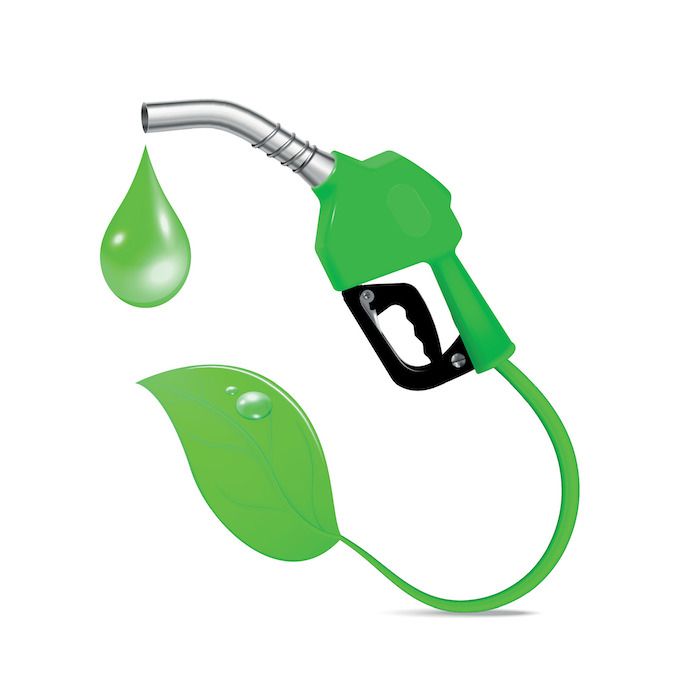Non-Ethanol Gas in Southern MD: Exploring the Benefits and Considerations
What You'll Learn In This Article:
1. Introduction to Non-Ethanol Gas in Southern MD * 1.1. Defining Non-Ethanol Gas (E0) * 1.2. Where to Buy Non-Ethanol Gas Locally
2. Benefits of Using Ethanol-Free Fuel * 2.1. Enhanced Fuel Efficiency * 2.2. Superior Storage Stability for Seasonal Equipment * 2.3. Reduced Engine Deposits and Cleaner Performance * 2.4. Compatibility with Older and Classic Engines
3. Key Considerations and Drawbacks * 3.1. Higher Cost Compared to Standard Gasoline * 3.2. Environmental and Renewable Energy Concerns

Non-ethanol gasoline, also known as ethanol-free gasoline or E0, is a fuel alternative that has gained popularity among certain vehicle owners and outdoor power equipment users. In this article, we will delve into what non-ethanol gas is, where to buy it, and the advantages and disadvantages associated with its use.
What is Non-Ethanol Gas?
Non-ethanol gas refers to gasoline that does not contain any ethanol, a renewable fuel additive commonly derived from corn or sugarcane. Ethanol is added to gasoline primarily to reduce emissions and promote energy independence. However, some prefer non-ethanol gas due to its unique properties and potential benefits.
Where to Buy Non-Ethanol Gas:
Non-ethanol gas can be found at select gas stations, generally labeled as "Ethanol-Free" or "Premium" gasoline. However, it's important to note that availability may vary depending on your location. Online resources and mobile apps can help you locate nearby gas stations that offer non-ethanol gas. Additionally, marinas and airports often provide non-ethanol fuel options for boats and aircraft.
Benefits of Non-Ethanol Gas:
- Enhanced Fuel Efficiency: Non-ethanol gas typically contains a higher energy content than ethanol-blended fuels. This can improve fuel efficiency, allowing vehicles and equipment to run more miles per gallon.
- Storage Stability: Compared to ethanol-blended gasoline, non-ethanol gas has a longer shelf life and is less prone to phase separation. This is particularly beneficial for seasonal equipment, such as lawnmowers or motorcycles, which may experience prolonged periods of inactivity.
- Reduced Engine Deposits: Ethanol-blended fuels can leave behind deposits on engine components, potentially leading to fuel system issues. Non-ethanol gas is less likely to cause these deposits, producing cleaner engine performance.
- Compatibility with Older Engines: Non-ethanol gas is often preferred by owners of vintage or classic vehicles, as older engines were not designed to handle the corrosive properties of ethanol. Using non-ethanol gas can help prevent fuel system damage and extend the lifespan of these cherished vehicles.
Considerations and Drawbacks:
- Higher Cost: Non-ethanol gas is typically priced higher than regular gasoline due to its specialized production and limited availability. This can deter some consumers, especially those who do not experience significant benefits from using non-ethanol gas.
- Environmental Impact: Ethanol-blended fuels, such as E10 (10% ethanol) or E15 (15% ethanol), are considered more environmentally friendly due to their lower carbon emissions. Non-ethanol gas, on the other hand, does not offer the same emissions reduction benefits.
- Renewable Energy Concerns: Ethanol is derived from renewable resources, such as corn or sugarcane. Using non-ethanol gas may contribute to the demand for fossil fuels, which can have environmental implications.
Non-ethanol gas provides an alternative fuel option for those seeking enhanced fuel efficiency, storage stability, and compatibility with older engines. While it offers benefits like improved engine performance and reduced deposits, weighing these advantages against the higher cost and potential environmental considerations is essential. Ultimately, the decision to use non-ethanol gas should be based on individual needs, preferences, and the availability of this specialized fuel in your area.
Key Takeaways
The decision to use non-ethanol gas (E0) is a balance between performance and practicality. For owners of classic vehicles or seasonal equipment (such as boats, motorcycles, or lawnmowers) that require superior storage stability and reduced corrosion risk, E0 offers clear benefits in engine preservation and efficiency. However, these advantages come at a higher cost and lack the reduced carbon emissions associated with ethanol-blended fuels. Ultimately, consumers in Southern MD should base their choice on the specific needs of their engine and the availability of this specialized fuel in their area.



